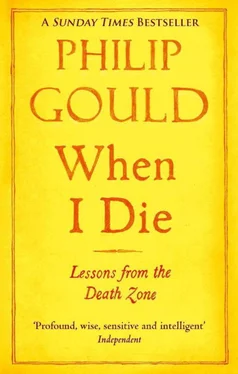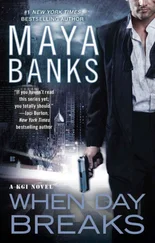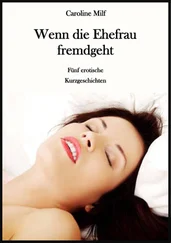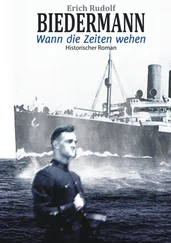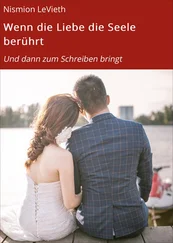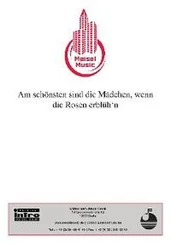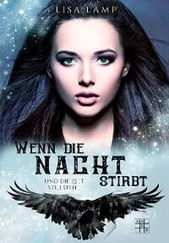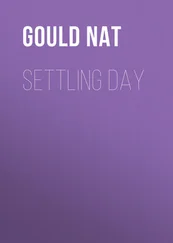‘Exactly,’ he says.
The doctor tells us it is extremely unlikely that Dad will wake up now, but he cannot say how long he will stay like this. It could be hours, it could be days. It is not a shock to us and in a way there is a real beauty to it. Through his relentless search for purpose he has given himself the peaceful, natural death he craves. He is, in the end, the master of his own destiny.
Grace and I sit, having tea, still coming to terms with the fact we will never speak to him again. Suddenly Grace says: ‘You know what Dad would have said then, don’t you? He would have said, “That’s exactly the kind of man you should marry, Georgia”.’ And we both break into laughter. It is his classic line. No one tells you how precious and powerful moments of happiness and connection are when you are living through a nightmare.
The three of us spend the rest of the day at his side. I put on the Gregorian chants he always uses for meditation, infusing the room with a peaceful, almost spiritual atmosphere. The nurse leaves to sit outside. There is nothing she can do now. The rounds stop. Much of the medical equipment is gone. This is a time for peace and goodbyes.
Alastair and Fiona visit. He hugs us, seeming incredibly solid. Fiona says Dad was a life force, that he has given us all so much, that we are three amazing women.
Tony arrives and hugs us all warmly. We tell him about the few days in hospital, Dad’s final purpose. We tell him that Dad had known he was coming in and had been looking forward to it. We leave him alone with Dad to say goodbye. He leaves at about twelve, taking some time to speak to all the staff.
Ebony, his nurse from the night before, comes to say goodbye at the end of her shift. She says she has only known him for a few hours but that she thinks he is a remarkable person – so kind and polite even as he faces the end, and that he has so much zest for life.
He seems so strong lying there, the sound of his breathing mixing with the chanting and filling the room. I feel I could hold his hand for ever, as long as he stays with us. I can feel how strong and warm he is, his skin papery smooth. His hand is like a testament to the person he used to be – so disconnected from the rest of him, his shoulders and knees thin and wasted, his arms bloated now beyond recognition.
Dr Carr comes in and tells us that they can give him the ‘Michael Jackson’ drug, which is a sedative that can give wonderful dreams. We are very worried about him waking up and being scared, so we agree that sounds perfect. He says they will gradually lower the pressure and take off the helmet so he is breathing more naturally. We know now there is not long left. So we talk to him about good times, holidays, places he loves, moments we treasure, hoping it helps his dreams.
Matthew Freud silently slips in, standing with us, part of the family. He has some time alone with Dad and leaves at about five, tears in his eyes.
The staff take off the helmet and Dad instantly looks far more fragile. His breathing, rasping and shallow now, comes in short, sharp intakes.
We read him the messages coming through from his friends, hoping he can hear. We read some poetry from a book someone bought us about grief, somehow giving voice to our feelings. We take turns to break down, then to be strong for each other, like dominoes falling.
At about seven in the evening, David Cunningham visits. He has been there for the whole journey and it feels right that he is here at the end. He tells us he has seen a lot of death, probably too much, but he has never seen anything like Dad.
He has always thought Dad is a great man but in August, when he was given the terminal diagnosis, he had really seen what an amazing person he is. All the way through Dad has never shied away from what is happening, has accepted it and faced it. Most people, he said, could not do that, let alone have the ability to give it a voice, describe it. Dad has done a lot of great things in his life, he says, but this is the greatest. He has changed a lot of people, changed him, through his positivity and strength.
* * *
And finally it is just the four of us.
I am holding on to his left hand, Grace his right. Mum has her arm around his neck, leaning on his chest. The Gregorian chant fills the room and as it reaches its last note, Dad gives a shudder and lets go.
And the room is for a microsecond full of a powerful energy. Mum feels a flash of joy. She is sobbing, overcome, repeating in awe: ‘Philip, I didn’t know it would be so beautiful.’
I feel as if a huge part of me has been wrenched out. Grace manages to go and get the doctor.
The life drains from him very quickly. The warmth, the colour, the rhythm of his breathing disappears. In seconds his body is cold, chalky white. And there is no doubt he is gone. What is left is a shell and no longer even really looks like him. The difference between even a thread of life and death is immeasurable. The love, the passion, the spirit that defined him is somewhere else now.
We kiss his forehead one last time: not wanting to leave, unable to stay. But as we walk out of the intensive care unit, our only comfort is that he has had the death he wanted, at peace and surrounded by his family.
When I was younger Dad was an enigma to me. He was an exotic treat who would come and go, bringing us various trinkets and political-slogan T-shirts from his travels. He would come in, slam the door, and his energy would lift the house. On holiday we would cherish him. We would play games, hide Georgia’s teddy bears, devise elaborate adventures and cause Mum all sorts of anxiety.
After 2005 Dad changed. He returned home and became more grounded in our lives. For Dad and me this marked the beginning of a friendship. We divided life into two categories: things that amused us and things that did not. Georgia’s boyfriends occupied the former and everything in the latter was often ignored.
We found random topics to obsess over. I taught him to use BBM (the BlackBerry Messenger system) which he came to adore, bombarding me with hilarious stories or Kate Moss gossip.
He would come with me to obscure environmental conferences. We would go to the cinema and eat vegan Chinese takeouts at four in the afternoon. The funniest adventure was when Dad came with me to Glastonbury, in a purpose-bought parka. He camped for one night then booked into the nearest hotel.
Of course these years coincided with me being a horrendous teenager and I am sure these fads formed part of a Yoda-like strategy to bond with a younger daughter who could not name more than three Cabinet members, let alone a QPR player. But he made it work and we found our way to relate.
When Dad became ill he changed once again. He mellowed, his energy shifted from an over-excited bustle to quiet force. He channelled his intensity first into staying alive and then into learning how to die. Our relationship shifted too. Our irreverence for life was now directed at cancer.
I felt that during this time Dad and I became much closer. We spoke candidly about his death, his funeral, our future without him. He would talk about his insecurities, symptoms and fears. And when the time was right – and more often when it was not – we would descend into the ridiculous, joking about all the absurdities that came with cancer.
I do not think that I am the only person slightly terrified about how to live without Dad. He was the first port of call for so many. At Dad’s funeral, his close friend Noreena described how he used to sit holding court, with a constant stream of people coming to visit him for advice. Although I would never have dreamt of saying this to Dad when he was alive, he did have a fantastic gift for knowing what was going on, telling you what you should do and then reassuring you that if you did it, then everything would be OK.
Читать дальше
